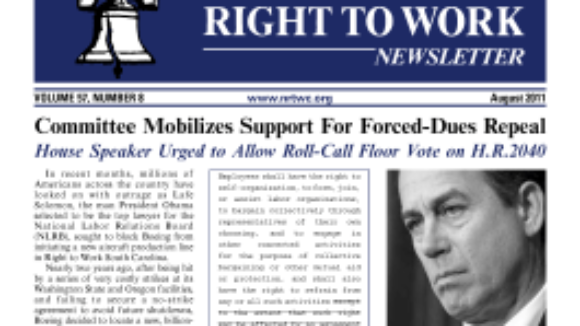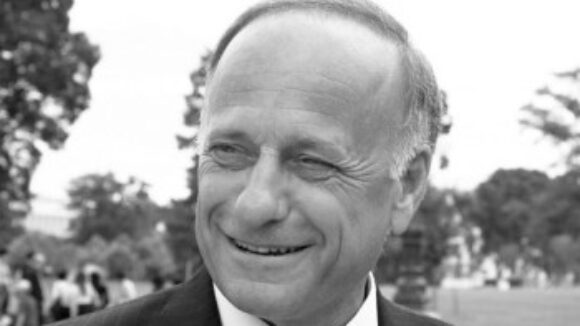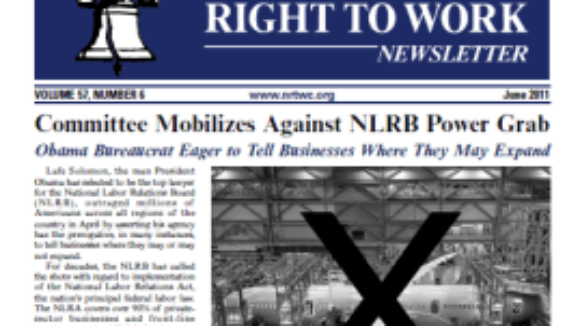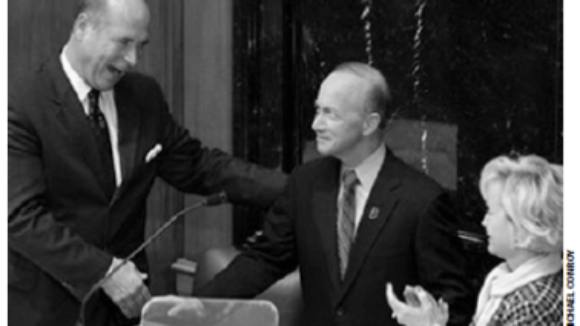'Systematically Biased' Against Schoolchildren
[stream provider=youtube flv=w4TkzWcGTxo img=x:/nrtwc.org/wp-content/uploads/2011/08/TerryMoeCEAFU.png embed=false share=false width=580 height=280 dock=true controlbar=over bandwidth=high autostart=false /] Dr. Moe: As long as monopolistic teacher unions "remain powerful," effective schools "will be short-changed." Stanford Professor Lambastes Monopolistic Teacher Unionism (Source: July 2011 NRTWC Newsletter) On June 1, Tennessee achieved a legislative milestone when its elected officials effectively repealed a 33-year-old state statute authorizing and promoting union monopoly-bargaining control over teachers and other K-12 public school instructional employees. Under the new K-12 reform law approved by the Legislature and signed by Gov. Bill Haslam (R ), no union or other organization will be handed a legally protected monopoly over all "employee" input in discussions with school boards over working conditions. Once this law, known as the Collaborative Conferencing Act, takes effect, teachers who choose not to join any union will, for the first time in decades, have a voice in discussions throughout Tennessee regarding salaries, benefits and grievances. Tennessee revoked teacher union bosses' monopoly-bargaining privileges last month largely thanks to persistent lobbying by the roughly 46,000 National Right to Work Committee members and supporters in the Volunteer State. And, according to Stanford University political scientist and education specialist Terry Moe, the Tennesseans who helped pass the Collaborative Conferencing Act have done an enormous favor for their state's schoolchildren. From Children's Standpoint, Union Boss-Perpetuated Salary Rules 'Make No Sense at All' In his new book Special Interest: Teachers Unions and America's Public Schools (Brookings Institution Press), Dr. Moe documents how teacher union monopoly bargaining, still statutorily enshrined in more than 30 states, impairs school outcomes while sharply raising the cost to taxpayers. In practice, charges Dr. Moe, "exclusive" union bargaining routinely produces "key decisions that depart from -- and are systematically biased against -- what is best for kids and effective organization." One example among many are so-called "single salary schedules" that furnish teachers with extra pay for additional degrees and course taking, even though "research has consistently shown" that simply accumulating degrees and/or additional course credits, "does not make teachers more effective." From "the standpoint of what is best for children," such Big Labor-perpetuated salary rules "make no sense at all" (emphasis Dr. Moe's). But teacher union officials ferociously defend "single salary schedule" rules, because they keep educators dependent on the union for securing better pay and career advancement. Monopolistic Unionism Can Never Be 'Reform Unionism' In today's America, Special Interest goes on to point out, many education policymakers and other leaders "recognize that teacher unions are standing in the way of effective schools," but mistakenly believe that union officials "can be persuaded to do good things with their [monopolistic] power." This is the false hope of what is commonly called "reform unionism."




